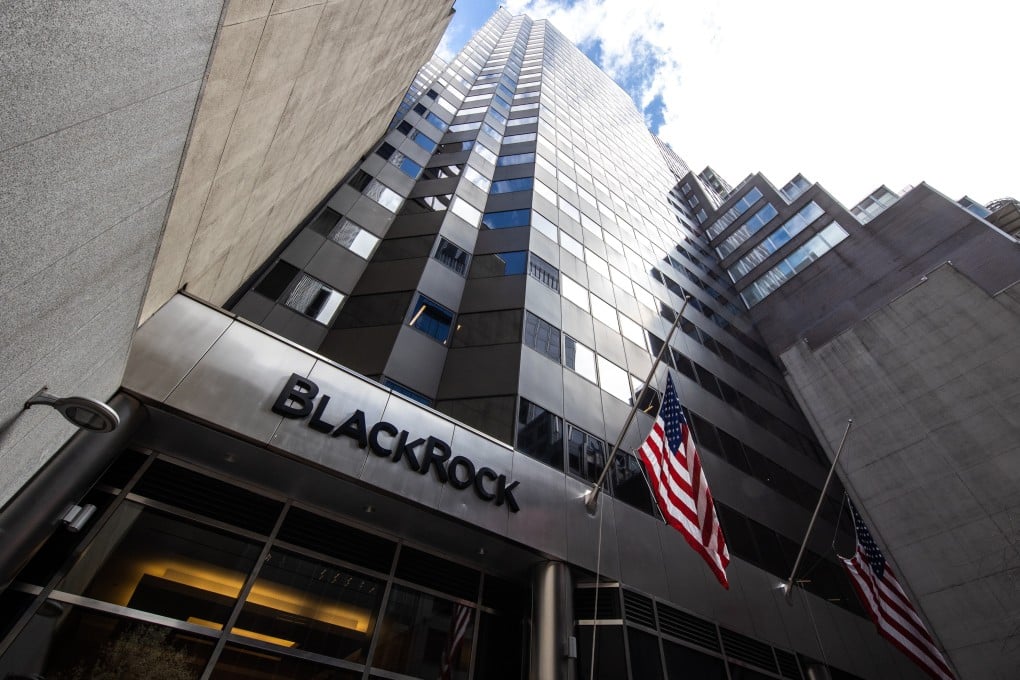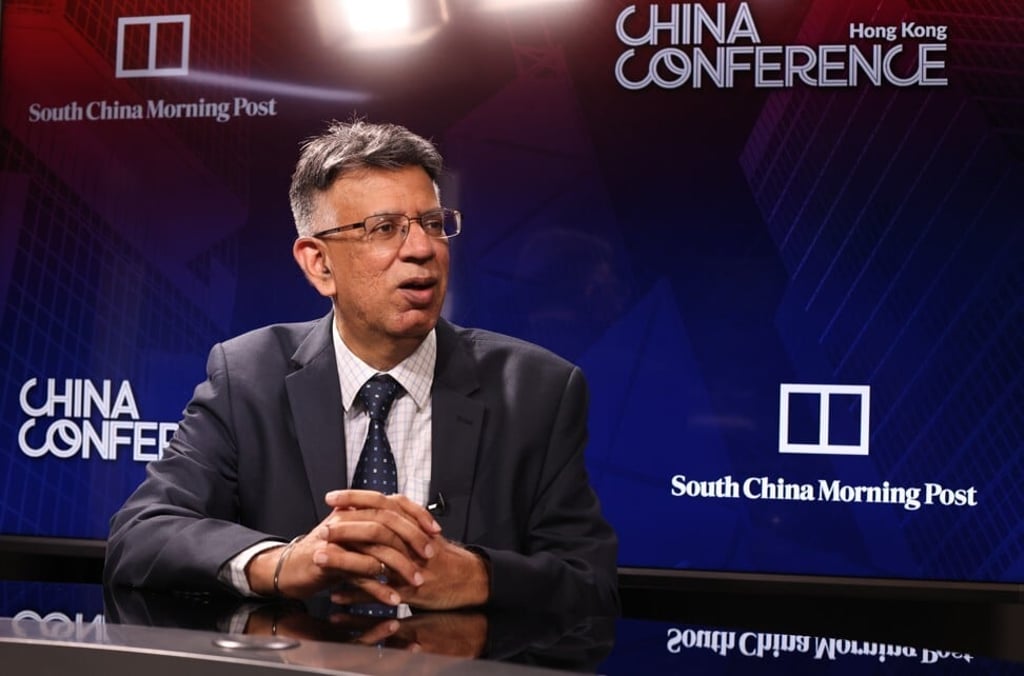BlackRock uses voting might against independent directors as overstays intensify in Asia-Pacific
- Almost a fifth of independent directors in Hong Kong-listed firms have retained their boardroom seats for longer than nine years
- Proposals to tighten re-election rules are in store, will put the city in touch with reforms in other smaller markets in the region

This has prompted BlackRock to vote against the election of 1,448 independent directors in 819 listed companies in Asia-Pacific in the 12 months to June 30, according to its latest proxy voting report. This amounted to 61.7 per cent of 1,327 companies globally in which it voted against at least one of them, it added.
The New York-based firm, which manages about US$9 trillion on behalf of clients, said excessively long tenured independent directors who tend not to rock the boat have long been a concern in this region.

BlackRock assesses the suitability of a candidate through factors including the person’s tenure as an independent director of the company and skills profile, apart from other criteria such as boardroom diversity and demographic make-up.